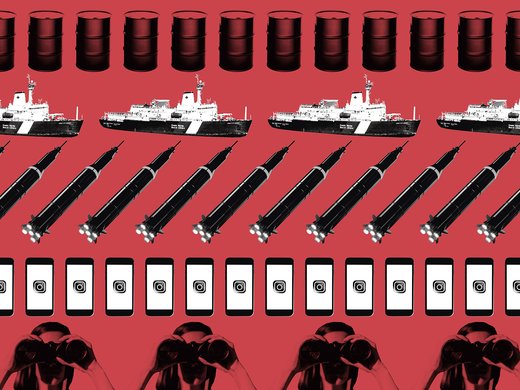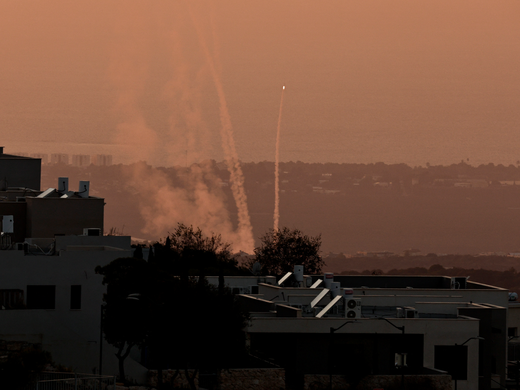The dramatic expansion of space capabilities has transformed space systems into critical infrastructure for many aspects of human society and for national security. With opportunities for global societal benefits come risks. The global governance framework remains weak and contested. Vulnerabilities now exist with space systems, and these are especially pronounced in the face of cyberthreats. We now confront a volatile “space-cyber nexus,” which the Cybersecurity and Outer Space essay series explores across a diverse and wide range of perspectives. The series is organized around three themes: space security and risk; international governance challenges; and global perspectives and the pursuit of inclusivity.
Introduction
Foreword: Is the Earth’s Orbit Becoming a Lawless Frontier?
Paul Samson
Securing the New Space Domain: An Introduction
Aaron Shull, Wesley Wark and Jessica West
Space Security and Risk
Where Outer Space Meets Cyberspace: A Human-Centric Look at Space Security
Jessica West
The Five Eyes and Space: A New Frontier for an Old Intelligence Alliance
Wesley Wark
Responding to the Cybersecurity Challenges of the New Space Environment
Robert Mazzolin
The Growth of the Space Economy and New Cyber Vulnerabilities
Brian Gallant and Jordan Miller
The Cyber Counterspace Threat: Coming Out of the Shadows
Victoria Samson
Commercial Space Operators on the Digital Battlefield
Laetitia Cesari
International Governance Challenges
Formulating, Interpreting and Applying International Law in Space
Aaron Shull and Timiebi Aganaba
Cyberproofing India’s Space Assets
Tobby Simon
International Humanitarian Law in the “Grey Zone” of Space and Cyber
Cassandra Steer
The Ungoverned Space of US Space-Cyber Governance
Gregory Falco
The Cyber Phantom Menace to Space Security
Almudena Azcárate Ortega
Global Perspectives and the Pursuit of Inclusivity
Cybersecurity of Space Infrastructure and Space Sustainability: Japan’s View
Aya Iwamoto and Quentin Verspieren
Space and Cyber Global Governance: A View from the Global South
Rajeswari Pillai Rajagopalan
Chinese Thinking on the Space-Cyber Nexus
Yue Yuan
NATO versus Non-kinetic Threats: Implications and Opportunities
Giulia Pavesi


